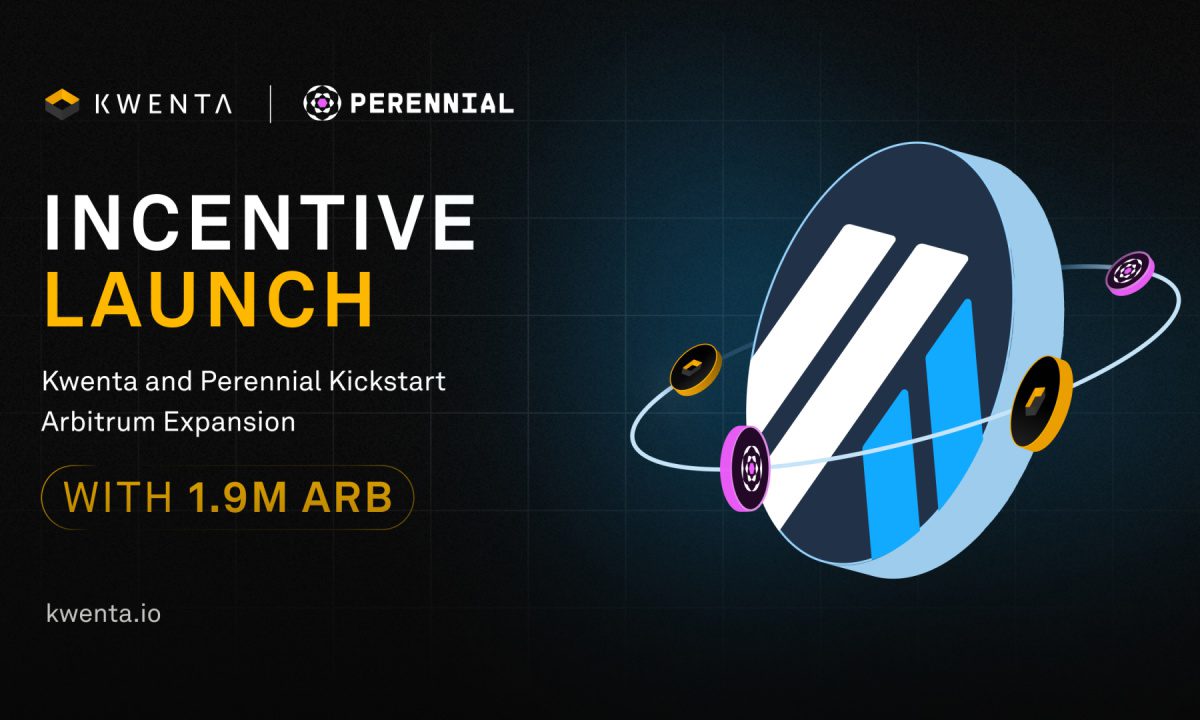US Agency NIST Research On The Security Of Stablecoins
The National Institute of Standards and Technology (NIST), a non-regulatory organization of the United States Department of Commerce, issued an early public draft addressing the numerous security issues in connection to stablecoin architecture and implementation.

NIST discovered that the top five coins that kept their peg constituted 87% of the overall top 20 market value based on an analysis of the top 20 stablecoins over the past year. These five coins are USDT, USDC, BUSD, DAI, and FRAX.
The five tokens are all linked to the US dollar. NIST also emphasized TerraUSD (UST), the third-largest stablecoin by market value at the time of the report, which lost its peg in May 2022.
The research raises several security risks, including illegal or arbitrary minting, collateral theft, smart contract vulnerabilities, data oracles, and hacking of the underlying blockchain.

Given the confidence conferred on stablecoin issuers, NIST thinks that inventors, maintainers, and managers of stablecoin systems may utilize their privileged status to deceive or malign investors and holders.
“This security analysis found that two stablecoins that function almost identically in third-party markets and enable the buying and selling of goods with coins at a pegged price can have vastly different risk profiles. Security, stability, and trust issues vary between architectures, although 1956 there are common concerns with all of them,” NIST concluded.

According to the NIST, centralized finance (CeFi) architectures are more vulnerable to trust issues due to a greater reliance on human trustworthiness, whereas decentralized finance (DeFi) architectures are typically more vulnerable to security issues due to increasing smart contract code complexity and critical functionality.
DISCLAIMER: The Information on this website is provided as general market commentary and does not constitute investment advice. We encourage you to do your own research before investing.
Join us to keep track of news: https://linktr.ee/coincu
Website: coincu.com
Harold
CoinCu News





















